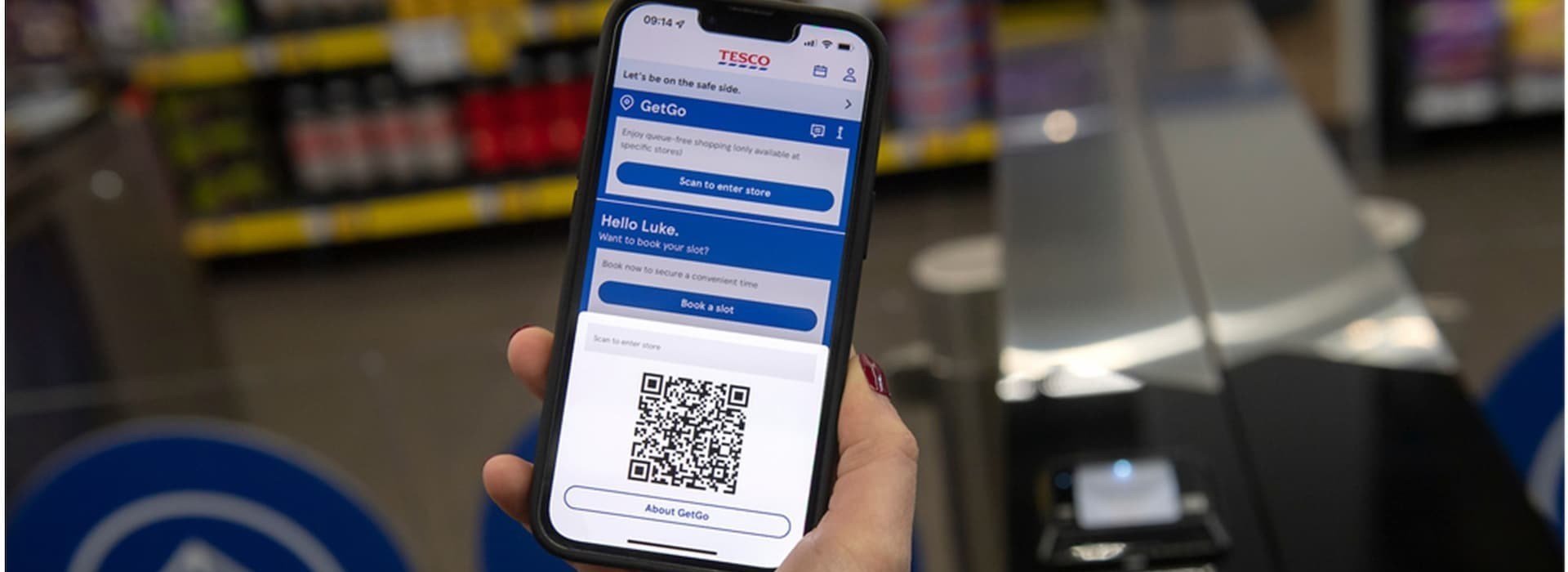How to ensure customers aren’t abandoning post-pandemic purchases
By Rafael Laurenco, EVP at ClearSale
The unprecedented events of 2020 have hit the UK high street hard. Despite shops reopening, data from ONS shows that the percentage of internet sales has increased from 18% in May 2019 to 32% in May 2020. Clearly, the future is online.
However, more touchpoints can sometimes lead to more complications for the customer journey, and online shopping comes with unique risks that can prove to be both a deterrent for customers and damaging for online retailers. Fraud is one of these risks, and it is becoming more prevalent and sophisticated.
The recent lockdown has seen a rise in the number of online scams. Recent figures from Action Fraud show that more than 16,000 consumers have fallen victim to online shopping and auction fraud since the onset of the pandemic, totalling nearly £16 million in losses.
According to ClearSale’s report, customer fraud awareness is high, as many people take the time to understand the dangers of online fraud and will often take extra steps to ensure that they are as protected and safe as possible. However, the figures from Action Fraud clearly show there is a lot more that could be done in fraud prevention and protection.
No matter how cautious a customer is, it is always the responsibility of the online retailer to ensure the website has adequate security measures to prevent fraud. Whilst customers must be protected, this should not come at the cost of sacrificing their shopping experience.
Rather, retailers need to strike the right balance between building robust anti-fraud measures and ensuring these measures do not interrupt the consumer experience. It is important not to be too disruptive and over-enthusiastic with the security measures, as this will simply put people off and make them less likely to return to your site again.
Key reasons customers will abandon online purchases
Unfortunately, some over-intrusive security measures do turn potential online customers off. Our report was able to identify the top reasons Brits are likely to abandon their purchases online. It is crucial that retailers understand this, so that they do not risk adversely affecting the conversions through simply trying to do the right thing.
Firstly, over-identification measures that constantly ask a customer to confirm if it is really them making a purchase is a security measure that is most likely to turn customers off. In tangent with the notion of an overcomplicated payment process, 67% will not proceed if asked to call customer service in order to have a payment processed.
“Generally, when we think of security we think in absolute terms. You want to have the strongest locks and the latest alarms to ensure that you are as safe as possible. However, the dangers of such absolutes in online retail security can lead to a potential loss in sale due to customers becoming overwhelmed and irritated by too many security measures”
Shoppers value a smooth and easy checkout process, the prospect of having to verify your information over the phone is one that they are more likely to avoid. Of those who have previously abandoned purchases, a long or complicated checkout process was identified as one of the reasons why 39% of UK shoppers never completed their order.
Similarly, consumers are more likely to be put off if they have to create an account with the website. They end up feeling that the amount of time taken to process the order is not worth it, and as a result they abandon their purchase. Finally, a site that does not appear to be secure or trustworthy has been flagged as another reason Brits abandon their online purchases.
How to ensure your customers have the best online shopping experience
Generally, when we think of security we think in absolute terms. You want to have the strongest locks and the latest alarms to ensure that you are as safe as possible. However, the dangers of such absolutes in online retail security can lead to a potential loss in sale due to customers becoming overwhelmed and irritated by too many security measures.
Merchants want to make the checkout and payment process as easy as possible, yet it is important they should not become so focused on security that they overlook the most important part of building a long-lasting relationship between your business and your customers; the customer experience.
The payment process is the final and most important step of the journey, as the key reasons customers are put off during online shopping are all centred around payment. It must be as smooth and seamless as possible to ensure the customer feels in control.
By paying attention to small yet significant aspects of your fraud prevention software, such as whether or not your software provider is easily integrable into your website’s platform to minimise disruption, will have a noticeable impact on your customer’s experiences.
Savvy retailers should realise a comprehensive fraud strategy isn’t all about technology; instead, it requires an understanding of your customer’s needs and a tailored solution. It is important to minimise any ‘security checks’ that involve confirmation from the buyer to make the checkout and payment processes as smooth as possible.
With fraud under control, retailers can turn their focus back to providing a truly great experience.










